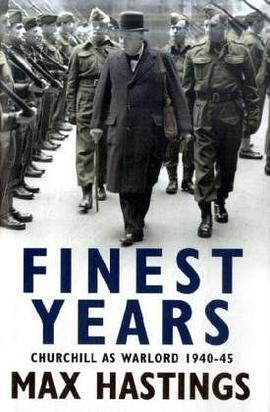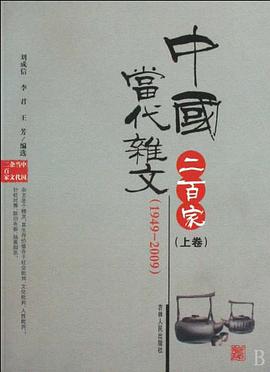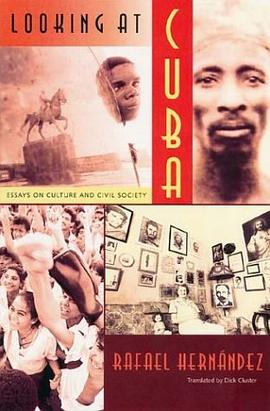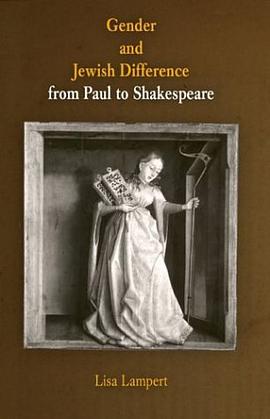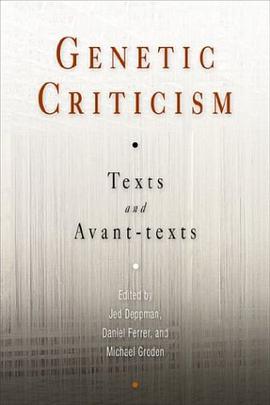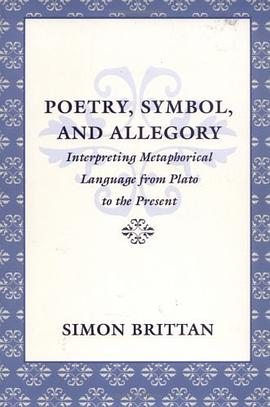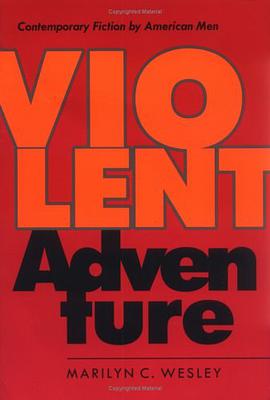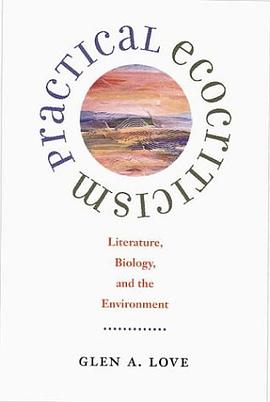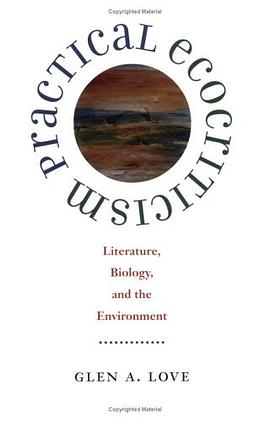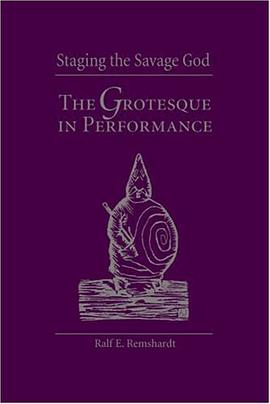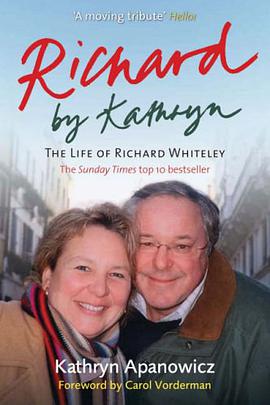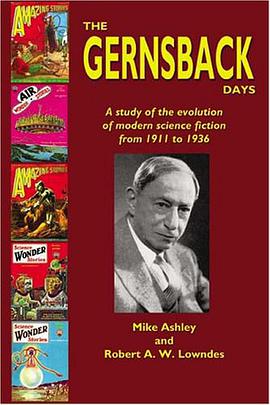
具体描述
Employing Northrop Frye and Rene Girard as his theoretical foundation, Johnsen reinterprets the works of three canonical modernists--Ibsen, Joyce, and Woolf--to argue for their commitment to analyzing collective violence as a defining motive in literary modernism. Johnsen shows how Frye's vision of a movement from mythic to ironic heroes parallels Girard's view of a society increasingly demythologized, and increasingly concerned with scapegoats and victims. He points to important similarities between these theoretical visions and a growing concern for weaker subjects across literary history, especially with the move into the modern period. Ibsen, Joyce, and Woolf, he argues, each wrestled with the powerful rituals of self-sacrifice that society requires in the modern world--with their strategies and consequences. Using this focus, Johnsen addresses Ibsen's controversial criticism of the democratic majority, Joyce's inflammatory rejection of physical-force nationalism, and Woolf's curious refusal of feminist anger as kindred responses to modern affirmations of collective violence, not merely paralleling the insights of Frye and Girard but extending and refining them.
作者简介
目录信息
读后感
评分
评分
评分
评分
用户评价
相关图书
本站所有内容均为互联网搜索引擎提供的公开搜索信息,本站不存储任何数据与内容,任何内容与数据均与本站无关,如有需要请联系相关搜索引擎包括但不限于百度,google,bing,sogou 等
© 2026 qciss.net All Rights Reserved. 小哈图书下载中心 版权所有


